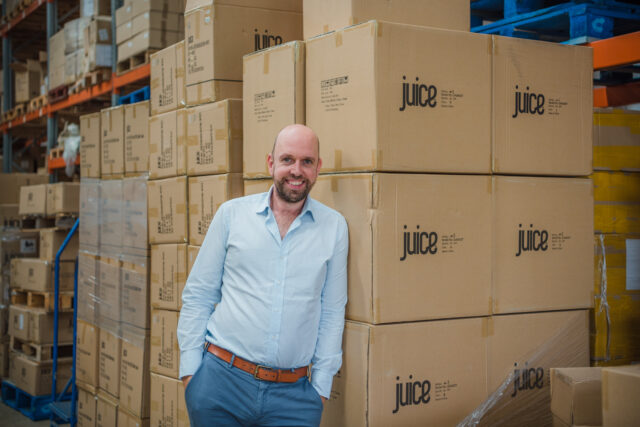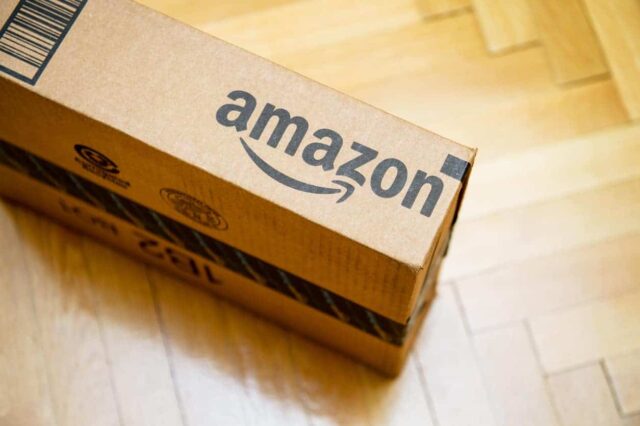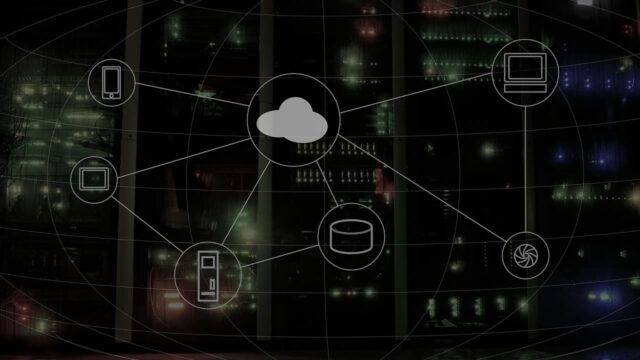A blog released by Amazon today has revealed the technology and distribution giant’s goal of delivering shipment zero for 50 percent of its shipments by 2030. The company’s blog discusses its history of sustainable investment and goes on to discuss how it plans to move towards its shipment zero target.
While on the topic of giants, JP Morgan analyses the finances of firms in the iPhone supply chain and has found that the month-to-month aggregate revenues for suppliers dropped by 24 percent, two percent more than the average in 2018. However, when balanced against year-on-year results, the company has said that this could be a sign of stabilisation for the iPhone supply chain.
Utah-based company, Visible, has revealed its three-colour FFG folder gluer that’s designed to give the small to medium enterprise (SME) the edge in the supply chain market. The FFG delivers high-quality printing that reduces times and costs while assuring of high-quality packaging. Still in the USA, Walmart’s fourth quarter earnings showed that the company saw a 40% increase in eCommerce sales but this growth had impacted its deliverables and last mile efficiencies.
In the UK, Honda has announced that it plans to close its Swindon vehicle manufacturing plant which currently employs around 3,500 people. The move comes as part of its restructure and focus on electrified cars and will see the company close the doors at the end of the current model’s production lifecycle in 2021.
Tesla’s CEO revealed that supply chain challenges were behind production delays, lost deadlines and missed quotas. Elon Musk was quoted as saying that Tesla was in ‘delivery logistics hell’ in a tweet to an increasingly annoyed customer base. More on Reuters as to what lies ahead for the automotive manufacturer.
Also in the news: IBM Watson’s enhanced NAVIK AI platform has been integrated into Absolute Data to improve insight mining; in spite of Brexit-powered brain drain, the UK’s AI sector attracted record funding; AI4EU – a 20 million Euro project funded under Horizon 2020 – has launched and provides a collaborative platform for AI development; Google announced its plans to focus on Africa for AI and machine learning innovations; Professor Duncan McFarlane weighs in on the Internet of Things for industry; and Cisco estimates that there will be more than 12 billion connected devices by 2022.











